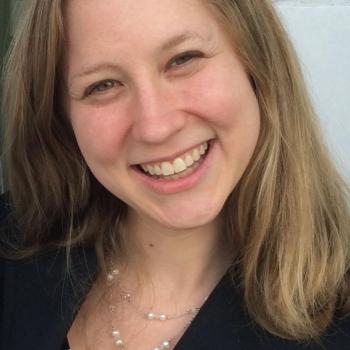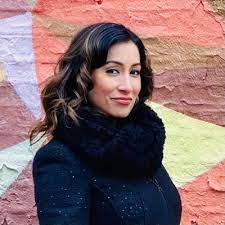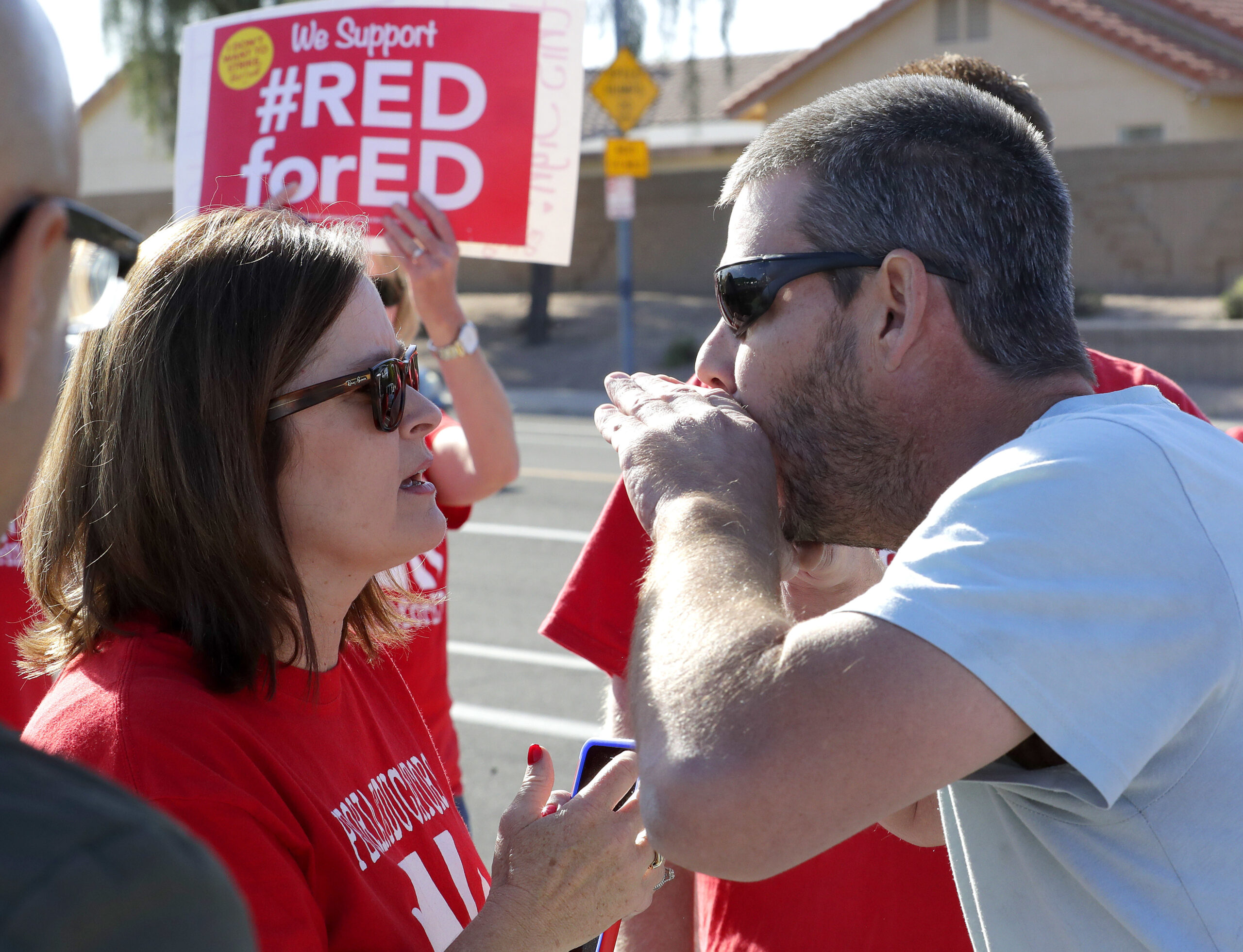The House of Representatives recently passed the so-called “Parents Bill of Rights.” This bill would alter curricula to whitewash history and out LGBTQ and transgender students to their parents, among enacting other budget cuts.
What can be missed from following the news beat claiming this is what the conservative “parent’s rights movement wants,” is the grassroots organizing work of mostly Black and Latina mothers across the country. Our latest report is the first-of-its-kind analysis of the progressive parent movement landscape. And unlike what is presented in this bill, these parent groups are actively working to build a more inclusive and equitable world for all children.
Our landscape analysis includes 182 parent leadership and organizing groups nationwide working toward social, racial or economic justice. In 96 percent of the organizations, parents chose the issues to focus on. They want to reduce lead in homes, expand mental health services, and have bilingual resources for parents to navigate school systems and advocate for their children.
These groups work with school and government agencies to make changes like adding speed bumps or eliminating fines and fees in the juvenile justice system.
This behind-the-scenes collaboration and relationship-building often goes unnoticed because it isn’t as sexy as someone shouting slurs at a town hall meeting. But if we ignore this part of the story, lawmakers will miss a significant opportunity to strengthen democracy and advance racial equity.
Among the organizations who took our survey, 75 percent focus on racial equity in their leadership development, and 65 percent work on racial equity as a critical issue area. The ensure Black parents are represented in school and district decision-making, implementing school restorative justice programs, and facilitating cross-racial dialogues. Parents in these diverse spaces are learning to build a “second family” that spans race, language and culture. Given schools are more racially segregated now than they were in 1968 and 80 percent of major metropolitan areas in the U.S. were more segregated in 2019 than in 1990, more of these spaces is sorely needed for a healthy democracy.
This isn’t just the case in blue pockets of the country, either. When it comes to red states, the organizations we surveyed are there. In fact, they’re located in every state in the country. And many of them aren’t just advocating for policy changes; they’re also building long-term power by getting out the vote and bringing the next generation along with them, potentially changing the political landscape of these places. Black and Brown mothers follow a deep-rooted tradition of organizing in their communities.
Policy wins matter to these organizations, but these wins are mere stepping stones to the longer-term building of power where investing in whole people and families is a crucial ingredient. In addition to connecting parents with elected officials and supporting them with public speaking, 75 percent offer parenting support, 61 percent offer mentoring, and 39 percent offer healing-centered activities.
This holistic and deeply relational approach to organizing is more sustainable, preventing the burnout that has too often characterized movement spaces. The Parent Leadership Training Institute of Solano County, California, reported that its most significant success was not a policy win but rather “the community bonds that develop among parent leaders … like a small family.”
A lot of change has been stifled because of the pervasive belief that others should weather the same challenges they did. We all have a relative who’s said something akin to: “I toughed it out and made it through, so why can’t they?” But when parent leaders bond with one another in a profound way, they become motivated to develop resources that make life better for all families — even if their own family had to struggle. For example, parent leaders from the Arkansas Support Network developed a youth self-advocate program that now enrolls hundreds of young people with disabilities and prepares them for life after school.
Imagine if every community had a group of diverse, committed parents — fueled by love for their own children but sustained by love for all children — who knew how to effect change to get more high-quality childcare, thriving and joyful public schools, healthy food, stable housing and living wages. This is what parents want and what they are capable of. Let’s hear their stories, too.



